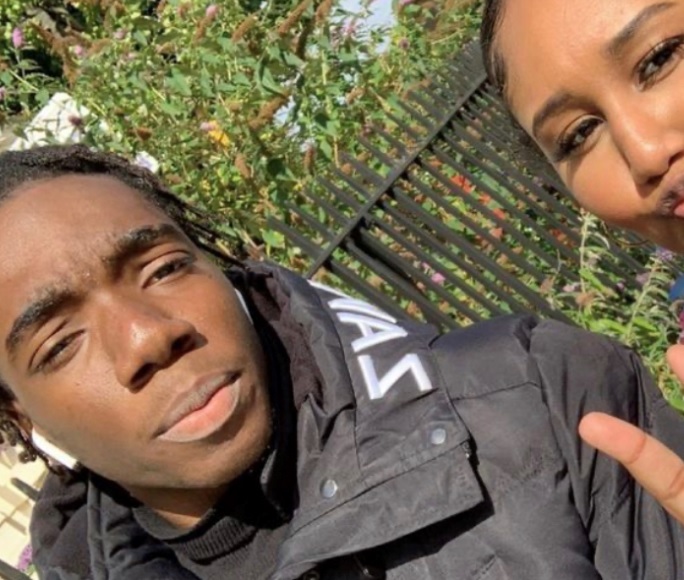Results show that Police do not respond the same way to missing black children as they do to missing white children
Black children go missing for longer than white people, are less likely to be found by police and less likely to be recorded as being at risk, a landmark report has found.
Research from Missing People – the first of its kind in the UK – suggests a disparity of response and bias by the institutions with responsibility for vulnerable missing people.
Using freedom of information data from police and local authorities, the charity found that 13 per cent of all reported missing people were black, despite black people making up only 4 per cent of the general population.
Data from 2021-22 revealed 20 per cent of missing black children disappeared for more than 48 hours, compared with only 14 per cent of white children. Four per cent of missing black children disappeared for a week, compared with 1 per cent of white children.
A lower proportion of missing black and Asian people were found by police. A total of 16 per cent of missing black children were found by police, compared with 23 per cent of missing white children.
Evidence Joel’s son Richard Okorogheye, 19, went missing on March 22, 2021, and she reported him missing the following day. The computer science student had sickle cell anaemia and needed medication but the Metropolitan Police initially recorded him as “not missing”. His body was found in Epping Forest, Essex, on April 5 that year.
Deputy Chief Constable Catherine Hankinson, who is in charge of missing people for the National Police Chiefs’ Council, said: “We recognise that some black, Asian and minority ethnic families have felt that their concerns over a missing family member were taken less seriously. We take the findings from Missing People incredibly seriously and will work closely with them and our partner agencies to consider how best to collectively address concerns around bias and investigator training.”

































































